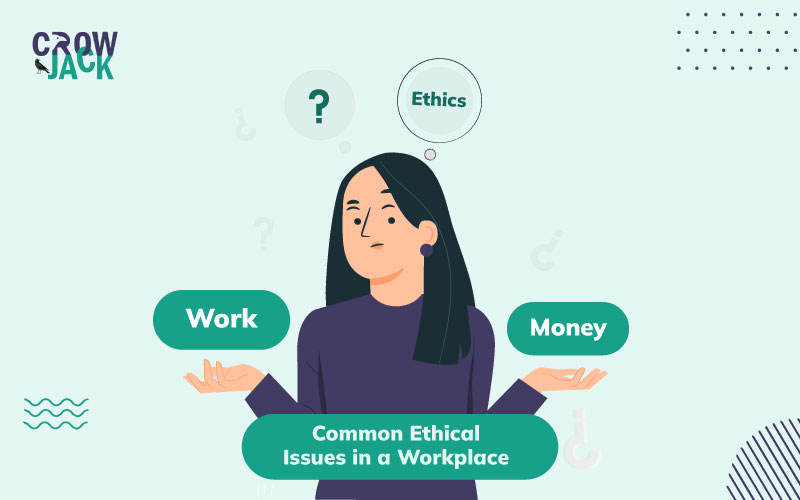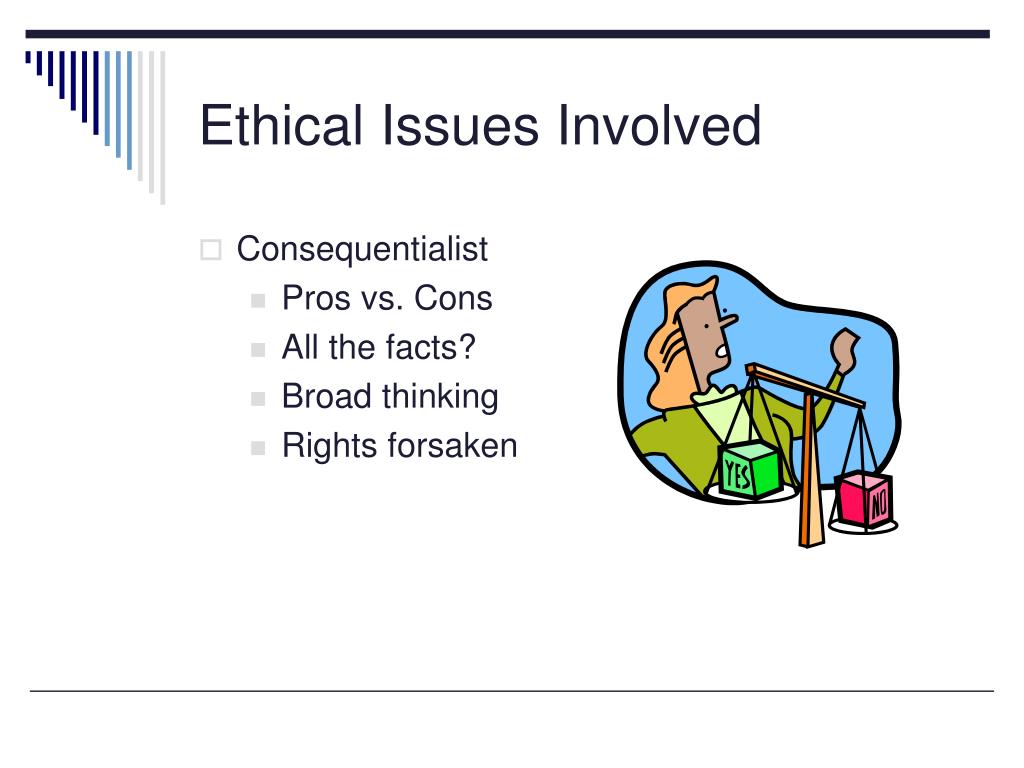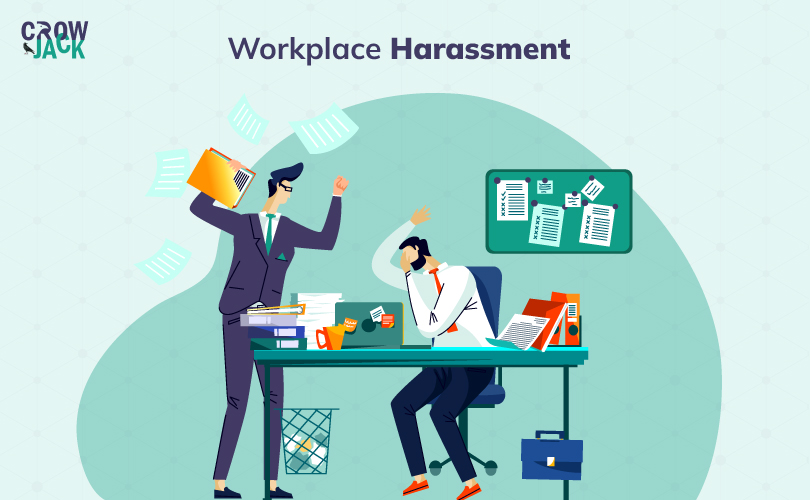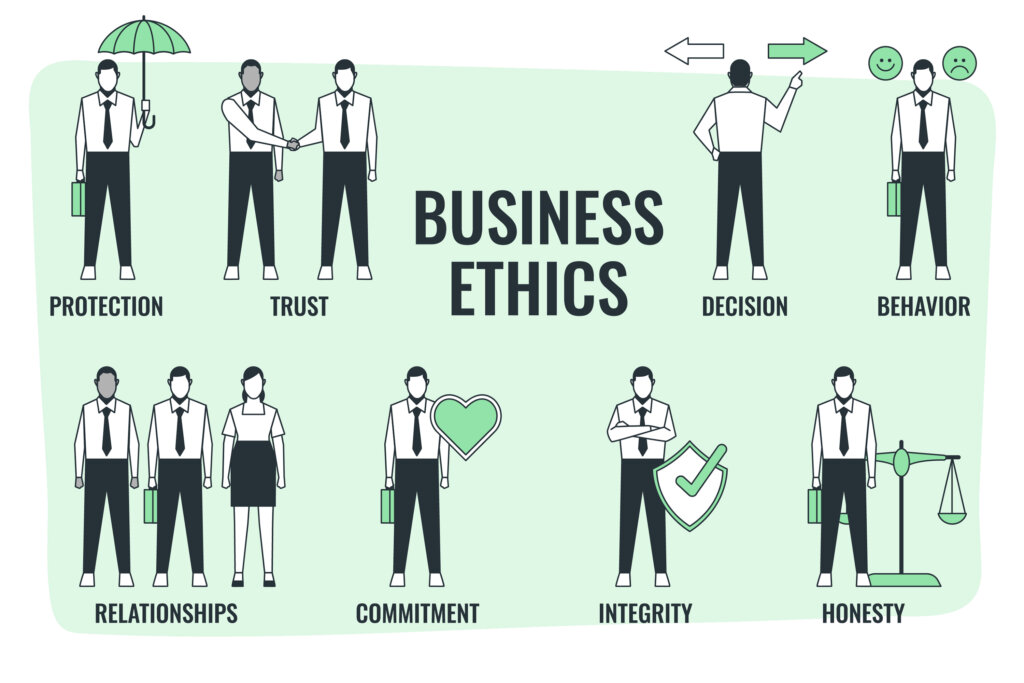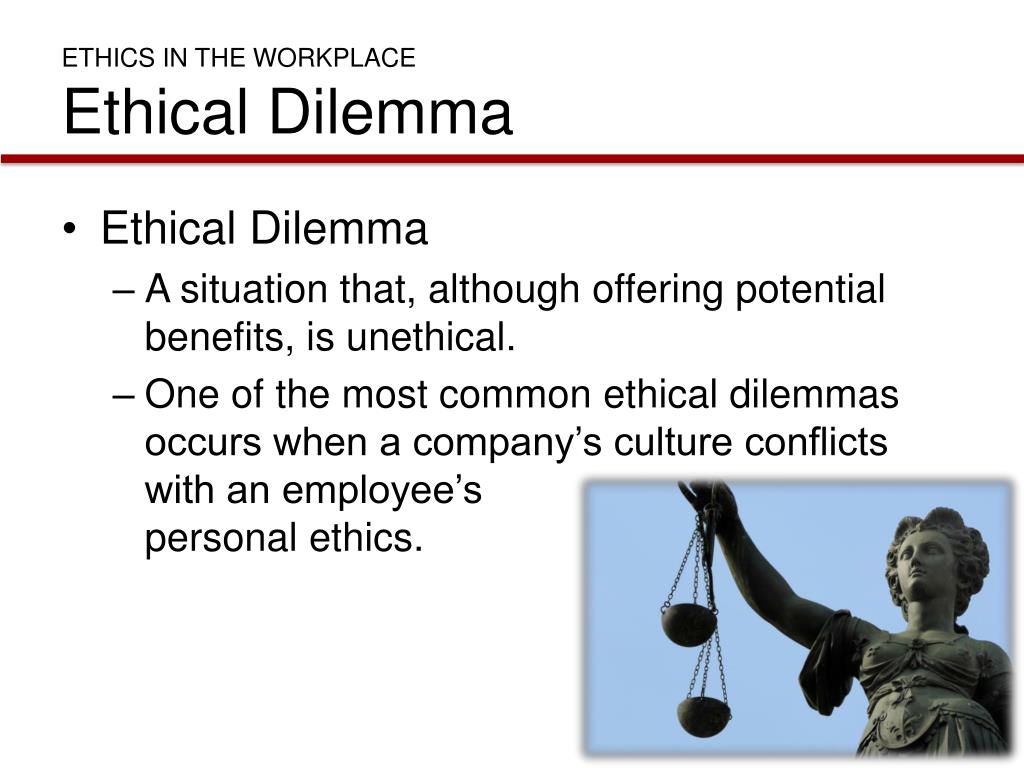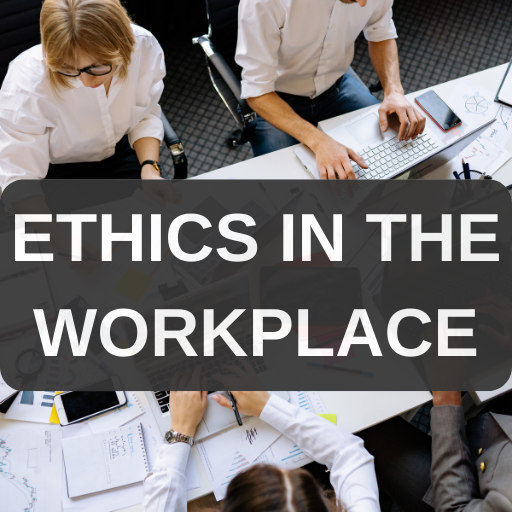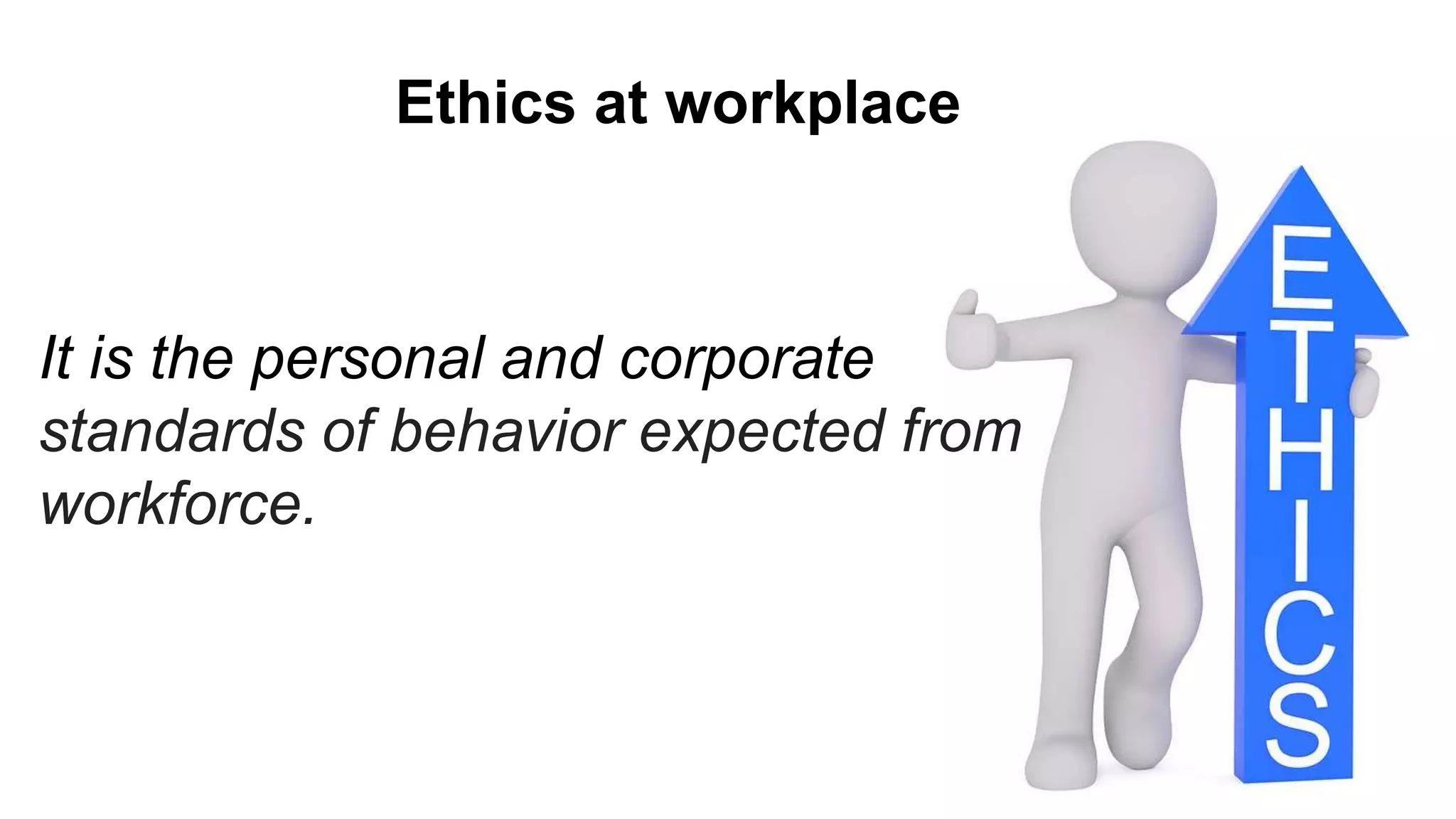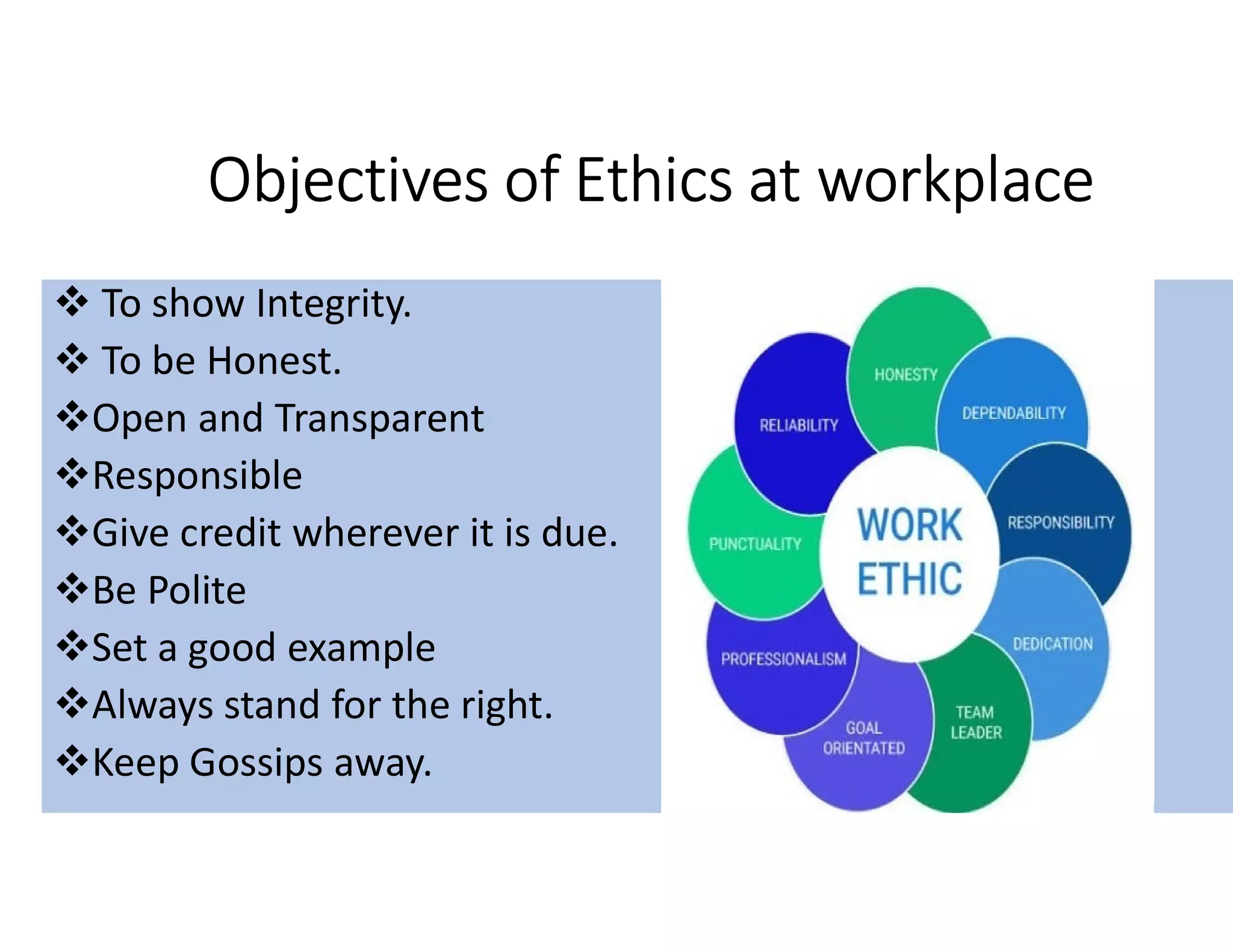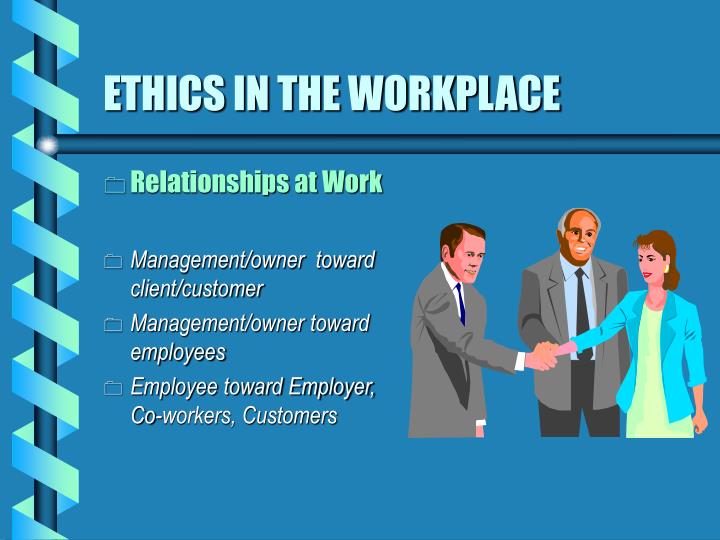Most Ethics Problems In The Workplace Involve

Ethical dilemmas are a pervasive reality in modern workplaces, creating challenges for employees and organizations alike. While highly publicized cases of corporate malfeasance grab headlines, research indicates that the most frequent ethical problems stem from more mundane, everyday situations.
These common ethical breaches, though often less dramatic, can have a cumulative negative impact on employee morale, productivity, and a company's reputation. Addressing these issues effectively requires a clear understanding of their nature, causes, and potential consequences.
Common Ethical Problems
A comprehensive study by the Ethics & Compliance Initiative (ECI), a non-profit organization dedicated to promoting ethical business practices, consistently points to certain ethical issues as the most prevalent in the workplace. The ECI's National Business Ethics Survey (NBES), conducted periodically, gathers data from employees across various industries to identify these recurring concerns.
According to the NBES, misuse of company time and resources consistently ranks among the top ethical problems. This includes activities such as conducting personal business during work hours, excessive socializing, and using company equipment for personal projects.
Abusive or intimidating behavior is another frequently reported ethical violation. This can manifest as bullying, harassment, or other forms of disrespectful treatment directed towards colleagues.
Other Significant Concerns
Lying to employees, customers, vendors, or the public is also a recurring ethical issue. This can take various forms, from exaggerating product benefits to concealing mistakes.
Conflicts of interest, where an employee's personal interests clash with the company's interests, also present a significant challenge. This may involve accepting gifts from suppliers or using company information for personal gain.
Discrimination, whether based on race, gender, religion, or other protected characteristics, remains a persistent ethical problem in many workplaces.
Data from the Society for Human Resource Management (SHRM) supports these findings. They indicate that employees often struggle with issues related to fairness, honesty, and respect in their daily interactions at work.
The Impact and Significance
The prevalence of these ethical problems has significant implications for both individuals and organizations. For employees, witnessing or experiencing unethical behavior can lead to stress, anxiety, and decreased job satisfaction.
The ripple effects can extend to their professional reputation and potentially damage their career prospects. For organizations, a culture of unethical conduct can erode trust, damage the company's brand, and even lead to legal and financial repercussions.
"Ethical lapses, even seemingly small ones, can snowball into larger problems if not addressed promptly and effectively," notes Patricia Harned, CEO of the ECI, in a recent statement.
Addressing Ethical Challenges
Experts emphasize the importance of creating a strong ethical culture within organizations. This includes establishing clear ethical guidelines, providing ethics training to employees, and fostering a culture of open communication where employees feel comfortable reporting concerns without fear of retaliation.
Companies are also increasingly implementing ethics hotlines and other reporting mechanisms to encourage employees to speak up about potential violations. Strong leadership plays a crucial role in setting the tone at the top and demonstrating a commitment to ethical conduct.
Furthermore, accountability is paramount. Organizations must consistently investigate and address reported ethical violations to demonstrate that unethical behavior will not be tolerated.
"By prioritizing ethical conduct, organizations can create a more positive and productive work environment, build stronger relationships with stakeholders, and ultimately enhance their long-term success,"contends a recent report by the SHRM.
Ultimately, addressing the most common ethics problems in the workplace requires a multi-faceted approach that combines clear policies, effective training, open communication, and strong leadership. By fostering a culture of ethics and integrity, organizations can create a more sustainable and responsible future.



